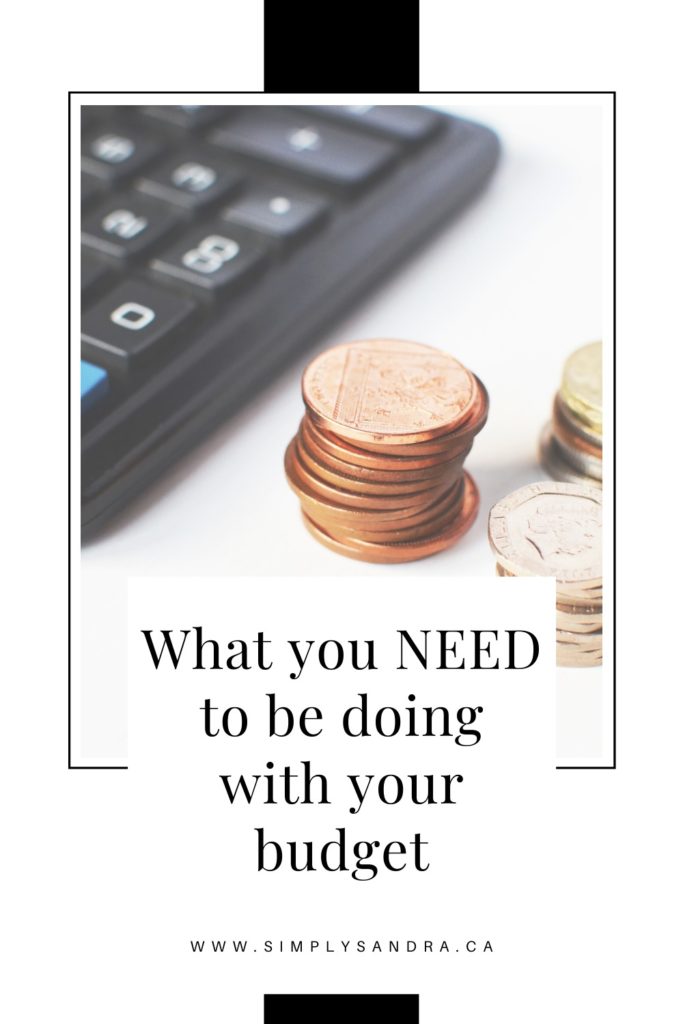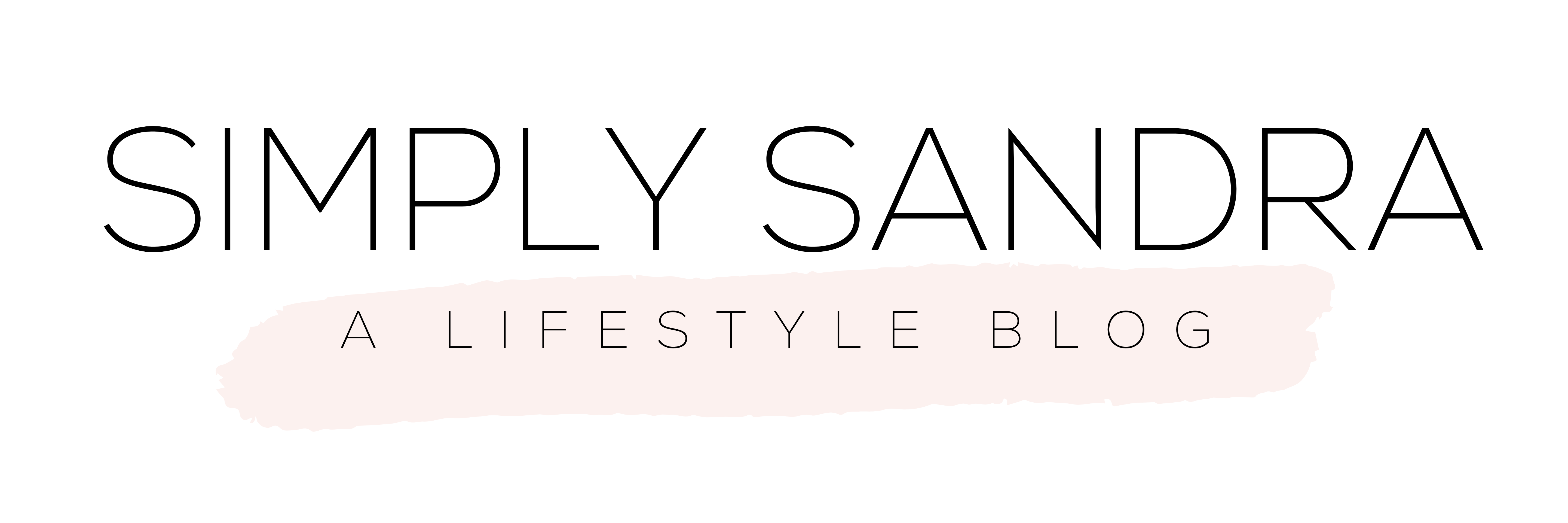As we approach the end of the new year this is a great time to take a deep dive into your finances and figure out if you are truly happy with the ways in which you are spending your money.
I go in and out of moods with how I feel about my current financial situation. I know that there are tons of blogs and content out there about debt repayment and debt-free journeys. This is my own personal story for those of you that may be new here:
I am a 28-year-old new lawyer. I graduated law school in 2018 with about $160,000 of student loan debt. I attended an expensive program and studied both in the US and in Ontario. I have two JDs with the student debt to prove it. I despise having debt but could not really pursue a career as a lawyer without going to law school and really couldn’t go to law school without taking out a massive mortgage sized student loan.
Fast forward to December 2020. Its been over 2 years since graduation, I spent 10 months articling (a student-like job that is required prior to getting your lawyer’s licence in Ontario) and right afterwards, I got married and began working in private practice as an insurance defence lawyer.
Not the most glamorous job and not the highest paying either…in any event, I am trying to make the most of my situation by documenting my student loan repayment journey hoping to inspire others in my situation to stay motivated in their debt repayment journey.
Thankfully, I have been able to survive 2020 with a job and with a roof over my head (I am not unaware of the real struggles of those that are not so fortunate). Anyway if you’re here for the tea and are tired of my story here is what I have to say: Budgeting is an art. It is marathon and not a race. It involves consistency, self-awareness and dedication. It’s pretty much a financial sport of the mind.
For me, I think the biggest thing that has helped me during the two and a half years I’ve spent paying off my loans is budgeting and more importantly, reflecting on a regular basis of where your money went and how to adjust your behaviour to do better in the future.
The frequency of when you do this “reflection” will vary from person to person. I aim to do mine every month and I will also do a mid-month check in where I will take a look and how much I have spent so far in each category that I have in my budget and then do a quick assessment of what the remainder of the month may look like. This really helps you check yourself and remain honest about your debt journey.
There are many ways to budget and there are a number of apps and spreadsheet templates out there. I am a big proponent of not using these automated apps because I find that the info gets updated and it often goes unnoticed to the user. Whereas if you use a traditional excel sheet (or google sheets) you are required to update the numbers manually making you more aware of each amount you are putting in. Also, you are able to customize categories based on what your spending problem spots are.
To summarize, the key is this: use a method that works for you and make sure you are constantly checking in (whether that be weekly, biweekly, or monthly) to see how you’re been doing. If you are constantly binging and ruining your budget and are filled when remorse and regret when you snap you need to further investigate this. Look at what triggers you into this habit and one great way to start is through these regular “check-ins”.
Let me know if you’re on a debt-free journey and what budgeting tricks you use to keep yourself on track.

